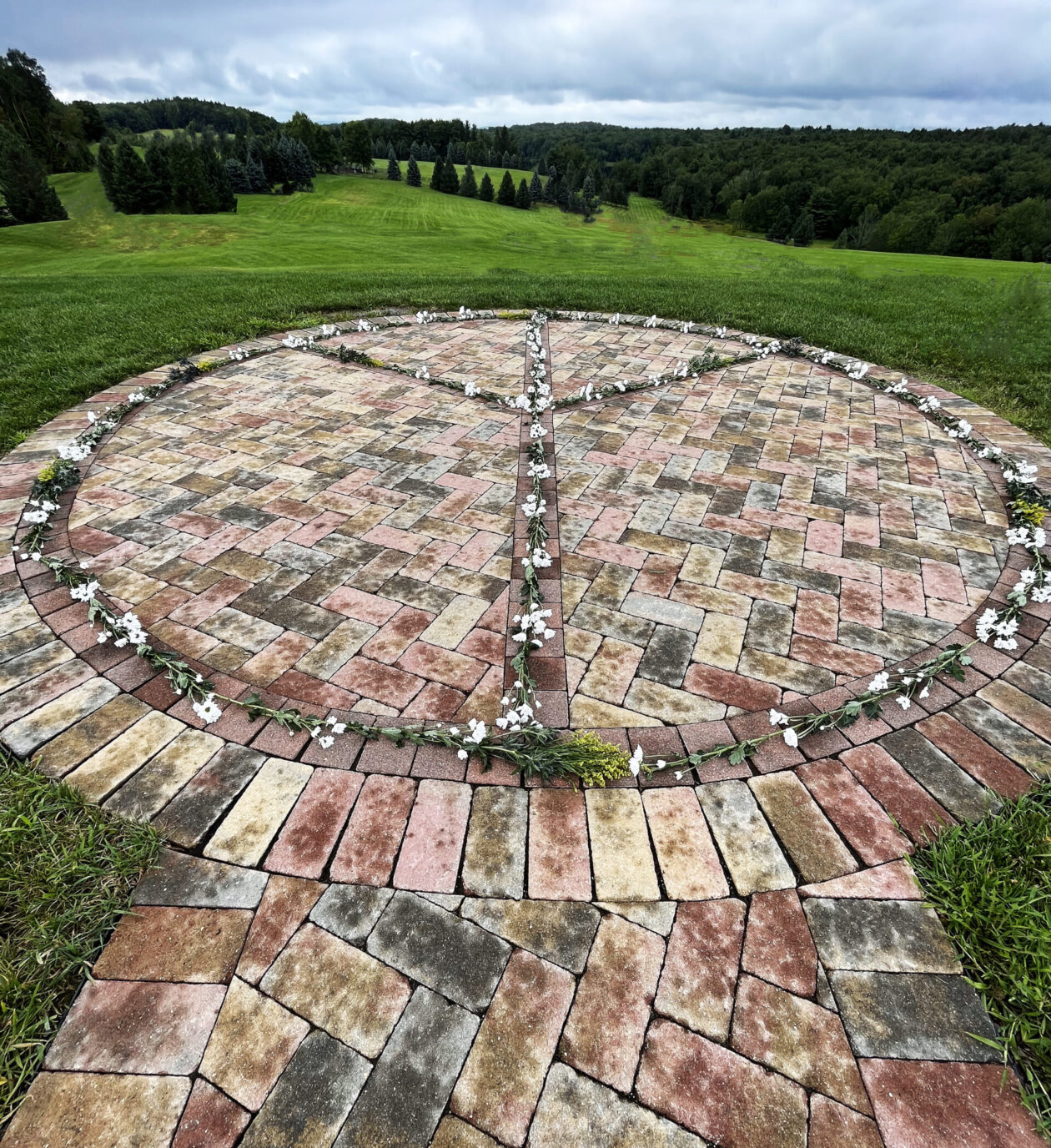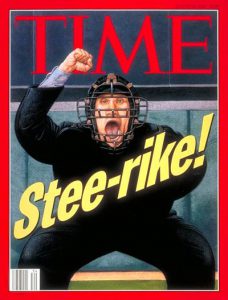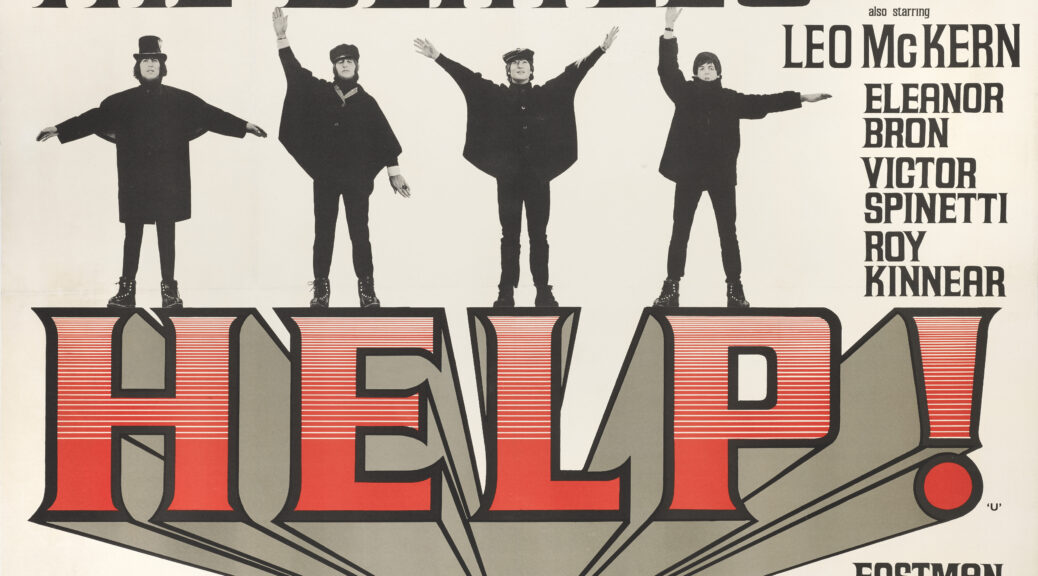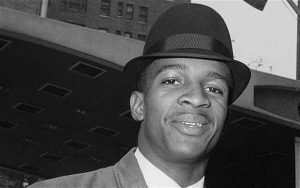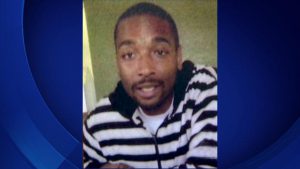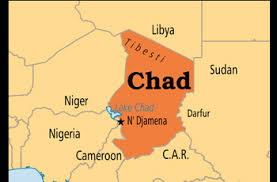August 12 Peace Love Art Activism
Native Americans
August 12, 1676: in early 1676, the Narragansett were defeated and their chief killed, while the Wampanoag and their other allies were gradually subdued. King Philip’s wife and son were captured, and on August 12, 1676, after his secret headquarters in Mount Hope, Rhode Island, was discovered, Philip was assassinated by a Native American in the service of the English. The English drew and quartered Philip’s body and publicly displayed his head on a stake in Plymouth. [King Philip’s War chronology] (see January 1, 1698)
August 12 Peace Love Art Activism
FEMINISM
Voting Rights
August 12, 1918: thirty-eight women, representing the National Woman’s party, were arrested when they attempted to hold a meeting in Lafayette Square in protest against the Senate’s delay in passing the suffrage amendment. After being released they returned to the square and were re-arrested. Several women were injured by the police. Lucy Burns was among the 38. [LoC article re NWP] (see Aug 14)
August 12 Peace Love Art Activism
FREE SPEECH
Joint Committee for the Promotion and Protection of Art and Literature
August 12, 1922: a coalition of groups representing actors, authors, motion picture producers, screen writers, printers, and others on this day announced a “war on censorship” in the arts. The group, calling itself the Joint Committee for the Promotion and Protection of Art and Literature, singled out the Society for the Suppression of Vice as the lead instrument of censorship. (see June 8, 1925)
Island Trees v. Pico
August 12, 1982: two months after the Island Trees v. Pico decision (see June 25), the school board of the Island Trees Union Free School District, on Long Island, New York, returned to its school libraries books that it had previously banned. The returned books included such novels as Bernard Malamud’s The Fixer and Kurt Vonnegut’s Slaughterhouse Five. Critics had labelled the books “anti-American,” “anti-Christian,” “anti-Semitic,” and “just plain filthy.” [Oyez article] (see April 20, 1983)
Colin Kaepernick
August 12, 2017: in the NFL, Marshawn Lynch knelt after coming out of retirement. Lynch retired during the 2016 season, but returned to join the Oakland Raiders in the offseason. While he didn’t play in the team’s preseason opener, he made his thoughts on the last year’s events regarding Kaepernick clear by taking a sit on the bench during the playing of the National Anthem. (FS & CK, see Aug 13)
August 12 Peace Love Art Activism
Cold War
Nuclear/Chemical News
August 12, 1953: less than one year after the US tested its first hydrogen bomb, the Soviets detonated a 400-kiloton device in Kazakhstan. The explosive power was 30 times that of the U.S. atomic bomb dropped on Hiroshima, and the mushroom cloud produced by it stretched five miles into the sky. Known as the “Layer Cake,” the bomb was fueled by layers of uranium and lithium deuteride, a hydrogen isotope. The Soviet bomb was smaller and more portable than the American hydrogen bomb, so its development once again upped the ante in the dangerous nuclear arms race between the Cold War superpowers. (Cold War, see Sept 7; NN, see Oct 30)
Berlin Wall
August 12, 1961: in an effort to stem the tide of refugees attempting to leave East Berlin, the communist government of East Germany began building the Berlin Wall to divide East and West Berlin. (see Sept 15)
August 12 Peace Love Art Activism
Space Race
August 12, 1960: NASA launched Echo 1A, the first successful communications satellite. Echo 1A was a passive communications reflector to relay transcontinental and intercontinental telephone, radio, and television signals between points on Earth. A few hours after its launch, Echo 1A relayed its first message, reflecting a radio signal from California to Bell Labs in New Jersey. The message was an address from US President Eisenhower in which he said, “The satellite balloon, which has reflected these words, may be used freely by any nation for similar experiments in its own interest.” [NYT article] (see January 31, 1961)
August 12 Peace Love Art Activism
August 12 Music et al
Beatles record sales
August 12, 1964: Variety magazine reported that by August 1964, the Beatles had sold approximately 80 million records globally. (see Aug 19)
Beatles final tour
August 12, 1966: The Beatles began their 14-date final tour with a concert at Chicago’s International Amphitheater, a venue they had previously played in September 1964. They played two shows, at 3pm and 7.30pm, each of which was seen by 13,000 people. Support acts for the entire tour were The Remains, Bobby Hebb, The Cyrkle and The Ronettes. The Beatles’ standard set throughout the tour consisted of 11 songs: Rock And Roll Music, She’s A Woman, If I Needed Someone, Day Tripper, Baby’s In Black, I Feel Fine, Yesterday, I Wanna Be Your Man, Nowhere Man, Paperback Writer and I’m Down. During the tour they occasionally substituted the final song with Long Tall Sally. (see Aug 13)
see Future Woodstock Performers for more
August 12, 1967: Big Brother and the Holding Company released first album. Janis Joplin age 23. (next FWP, see Aug 16)
Janis @ Harvard
August 12, 1970, Janis Joplin performed at Cambridge’s Harvard Stadium. It was her final live performance. According to an article on Harvard.edu about one of the photographers at the show, only about 10,000 people were allowed inside the stadium but the crowd of people that gathered around the stadium to get a glimpse of the show reached as high as about 40,000. Many fans even climbed the walls of the stadium to get inside!
Janis’s show was part of The City of Boston’s “Summer Thing” Arts Festival. The Shaeffer Brewing Company jointly sponsored the series of 18 concerts at Harvard Stadium. [Boston dot com article]
| June 29 |
|
| July 1 |
|
| July 6 |
|
| July 8 |
|
| July 13 |
|
| July 15 |
|
| July 20 |
|
| July 22 |
|
| July 27 |
|
| July 29 |
|
| August 3 |
|
| August 10 |
|
| August 12 |
|
| August 17 |
|
The [bumpy] Road to Bethel
Tuesday 12 August 1969
- festival representatives meet with the state supreme court justice regarding complaints by local businesses about the festival’s impact on them. After reassurances and explanations all complaints were dropped.
- the Food For Love concession area remained unfinished. (see Chronolgy for expanded story)
August 12 Peace Love Art Activism
BLACK HISTORY
Vietnam
August 12, 1965: Martin Luther King delivered a speech in Birmingham, Alabama, opposing the Vietnam War. Many other civil rights leaders, along with many Democrats, criticized him because they felt his opposition to the war would split the civil rights movement and alienate President Lyndon Johnson and other leading Democrats. King resisted pressure to drop his opposition to the war, however. The Vietnam War already divided the Democratic Party, and the entire nation, regardless of King’s position. [PDF of speech] (BH, see Aug 13; Vietnam, see Aug 17; MLK, see June 7, 1966)
Murders of Civil Rights Workers Chaney, Goodman, and Schwerner
August 12, 2005: Judge Marcus Gordon of Circuit Court granted bail to Edgar Ray Killen pending an appeal. The release raised the possibility that Killen, 80 and in poor health, wouldl die a free man after serving barely six weeks of his sentence. Gordon said he he had little choice but to set bond while Mr. Killen appealed his conviction since the state had not proved that Mr. Killen, who uses a wheelchair, was a flight risk or threat. (BH, see Aug 25; see Murders for expanded story)
August 12 Peace Love Art Activism
Stop and Frisk Policy
Fourth Amendment
August 12, 2013: federal judge Judge Shira A Scheindlin ruled that the stop-and-frisk tactics of the NYC Police Department violated the constitutional rights of minorities in the city. Scheindlin found that the Police Department resorted to a “policy of indirect racial profiling” as it increased the number of stops in minority communities. That has led to officers’ routinely stopping “blacks and Hispanics who would not have been stopped if they were white.”
The judge called for a federal monitor to oversee broad reforms, including the use of body-worn cameras for some patrol officers, though she was “not ordering an end to the practice of stop-and-frisk.” In her 195-page decision, Judge Scheindlin concluded that the stops, which soared in number over the last decade as crime continued to decline, demonstrated a widespread disregard for the Fourth Amendment, which protects against unreasonable searches and seizures by the government, as well as the 14th Amendment’s equal protection clause. [NYT article] (S & F, see Sept 17; 4th, see Oct 31)
August 12 Peace Love Art Activism
Technological Milestone
August 12, 1981: IBM introduced the PC personal computer for a $1,600 base price. It shortly eliminated most other machines suitable for home or small business. IBM developed the PC in less than a year at its Boca Raton Florida facility by using existing off-the-shelf components. The IBM-PC established the dominance of the Microsoft operating system. Data storage choices included 5.25″ floppy drives, cassette tape, and later hard disks. (see Dec 28)
August 12 Peace Love Art Activism
IRAQ
Iraq/Iran War
August 12, 1982: under a strong Iranian counterattack, Saddam Hussein offered to withdraw from Iran in order to end the conflict. (see February 7, 1983)
IRAQ War I
August 12, 1990: naval blockade of Iraq began. [timeline of war] (see Sept 11)
August 12 Peace Love Art Activism
US Labor History
August 12, 1994: major league baseball players strike, leading to the cancellation of the 1994 postseason and the World Series. [SI article] (see April 2, 1995)
August 12 Peace Love Art Activism
LGBTQ
August 12, 2015: U.S. District Judge David Bunning ordered Kentucky Rowan County Clerk Kim Davis to issue marriage licenses to same-sex couples. Davis’s lawyer said she will not, despite the order. Davis was one of a handful of local elected officials across the country that stopped issuing all marriage licenses after the U.S. Supreme Court legalized same-sex marriage nationwide in June. Two gay couples and two straight couples sued her in federal court in the first lawsuit of its kind in the country.
County clerks issue marriage licenses in Kentucky, but someone else must “solemnize” the marriage before the license can be filed with the county clerk. Davis argued that issuing a marriage license to a same-sex couple that contains her signature is the same as her approving the marriage, which she said violates her Christian beliefs, but Bunning rejected that argument, saying Davis has likely violated the U.S. Constitution’s ban on the government establishing a religion by “openly adopting a policy that promotes her own religious convictions at the expenses of others.”
“Davis remains free to practice her Apostolic Christian beliefs. She may continue to attend church twice a week, participate in Bible Study and minister to female inmates at the Rowan County Jail. She is even free to believe that marriage is a union between one man and one woman, as many Americans do,” Bunning wrote. “However, her religious convictions cannot excuse her from performing the duties that she took an oath to perform as Rowan County Clerk.” [NYT article] (LGBTQ, see Aug 17; Davis, see Aug 26)
August 12 Peace Love Art Activism
TERRORISM
August 12, 2017: white supremacist James Alex Fields deliberately drove his car into a crowd of anti-protesters during the so-called “Unite the Right” demonstrations in Charlotteville, VA. The attack severely injured more than a dozen people and killed Heather Heyer. [Washington Post article] (T, see Oct 16; Fields, see June 27, 2018)
August 12 Peace Love Art Activism
Environmental Issues
August 12, 2019: the Trump administration announced that it would change the way the Endangered Species Act was applied, significantly weakening the nation’s bedrock conservation law and making it harder to protect wildlife from the multiple threats posed by climate change.
The new rules made it easier to remove a species from the endangered list and weaken protections for threatened species, the classification one step below endangered. And, for the first time, regulators would be allowed to conduct economic assessments — for instance, estimating lost revenue from a prohibition on logging in a critical habitat — when deciding whether a species warrants protection. (see Aug 29)
